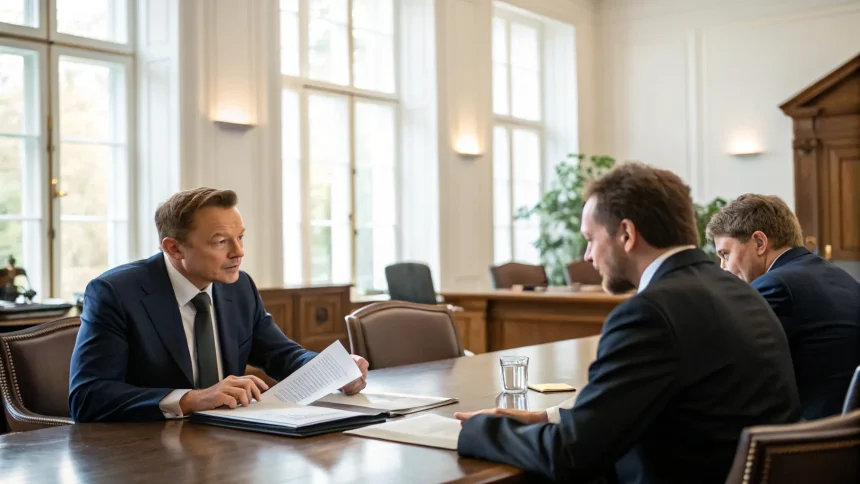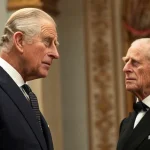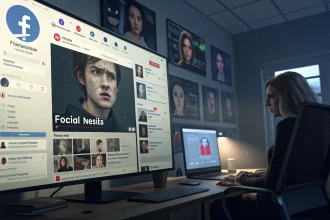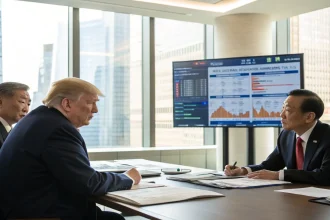Attorneys representing Elon Musk have rejected OpenAI’s countersuit allegations, declaring that claims against the tech billionaire “fail as a matter of law.” The legal dispute continues to escalate between Musk and the artificial intelligence company behind ChatGPT.
The countersuit from OpenAI accuses Musk of conducting a deliberate campaign to damage the AI company’s reputation and operations. Musk’s legal representatives have now formally responded, challenging the legal basis of these accusations.
Legal Battle Background
The conflict between Musk and OpenAI has been brewing for months. Musk, who was one of the original co-founders of OpenAI in 2015, has become increasingly critical of the organization’s direction since his departure from its board.
OpenAI, which developed the widely-used ChatGPT language model, filed its countersuit after Musk initiated legal action against the company. Musk’s original lawsuit reportedly centered on claims that OpenAI had strayed from its initial mission of developing artificial intelligence for the benefit of humanity rather than profit.
The AI company’s response accused Musk of deliberately attempting to undermine its operations and damage its market position through what they characterized as a coordinated campaign.
Current Legal Arguments
Musk’s attorneys have now formally responded to these allegations, arguing that OpenAI’s claims lack legal merit. The legal team appears to be challenging the fundamental basis of the countersuit rather than disputing specific factual allegations.
Legal experts suggest this response indicates Musk’s team may be preparing to file a motion to dismiss some or all of OpenAI’s counterclaims. By asserting the claims “fail as a matter of law,” Musk’s attorneys are suggesting that even if the facts alleged by OpenAI were true, they would not constitute legally actionable offenses.
Broader Industry Implications
This legal battle occurs against the backdrop of growing competition in the AI sector. Musk has since founded his own AI company, xAI, which could be viewed as a direct competitor to OpenAI.
The dispute highlights several key tensions in the artificial intelligence industry:
- The balance between open-source development and commercial interests
- Questions about the control and direction of powerful AI technologies
- Competing visions for how AI should be developed and regulated
Industry analysts note that the outcome of this legal confrontation could influence how AI companies structure their operations and governance in the future, particularly regarding the balance between profit motives and public benefit claims.
As both parties prepare for potential court proceedings, the tech community watches closely. The case may establish important precedents for founder disputes in technology companies, especially those developing technologies with significant social implications.
Neither OpenAI nor Musk’s representatives have provided additional public comments about the latest legal developments. Court filings suggest both parties are preparing for a potentially lengthy legal process that could include discovery phases and possible settlement discussions before any trial would begin.









